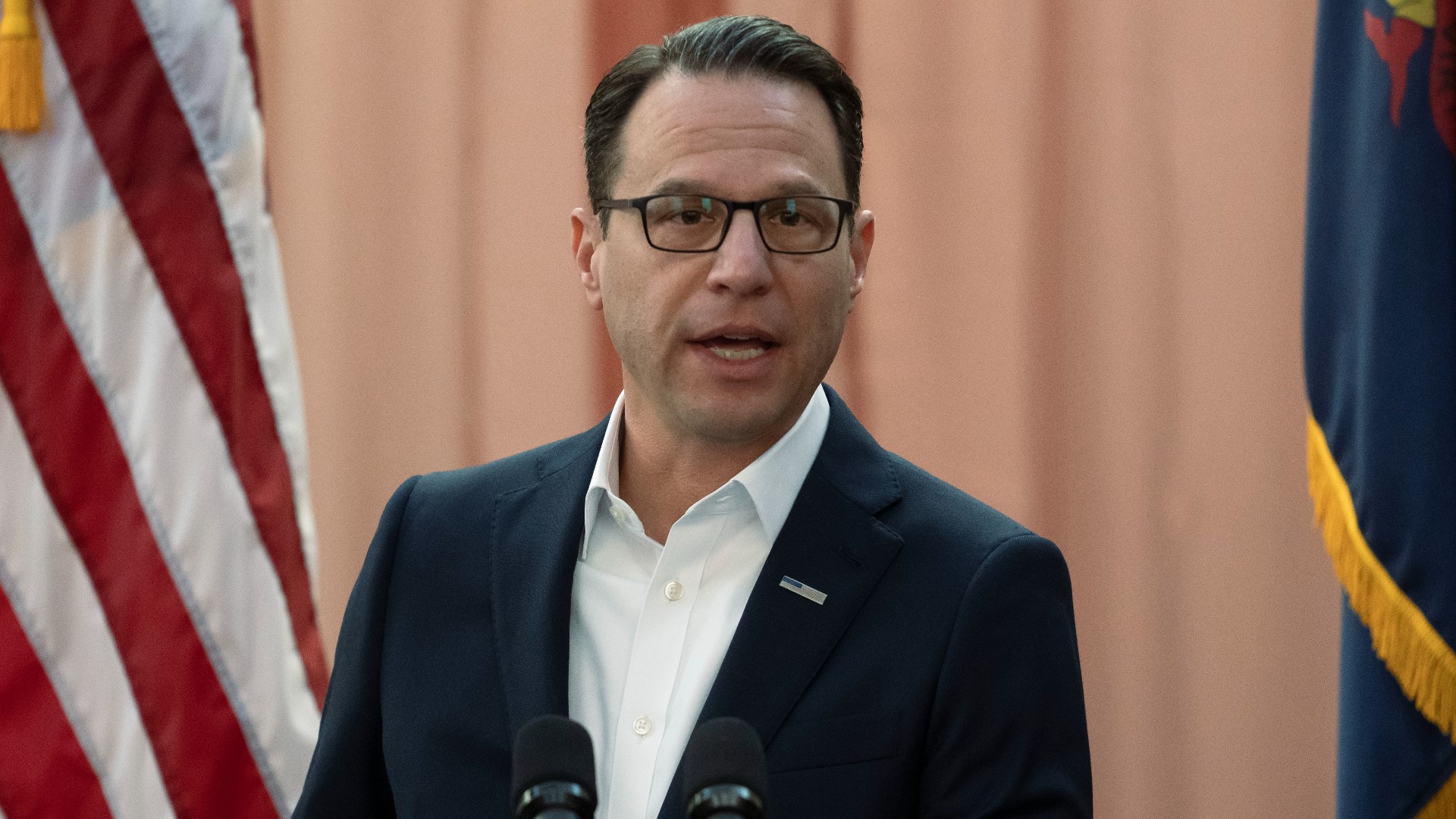HARRISBURG, Pa. — Gov. Josh Shapiro will deliver his first budget address on Tuesday. In light of a recent Pennsylvania Supreme Court ruling on school funding, education is expected to be the most closely watched issue.
The state Supreme Court ruled in February that Pennsylvania’s school funding structure is unconstitutional. Under the current structure, schools get 43 percent of their funding from local property taxes. That has led to some districts receiving much more funding than others.
During the trial a Penn State professor testified for the six school districts suing the state that there is a $4.6 billion shortfall to adequately fund schools.
The court ruling did not specify a different funding structure to use nor a timeline to switch. Yet many lawmakers see the upcoming budget negotiations as an opportunity to rethink school funding.
The state is financially well positioned this year with a $6.7 billion surplus and $5 billion in the Rainy Day fund.
Democrats in both the House and Senate want to use some of those funds to close the education funding gap.
On Monday House Democrats introduced a set of bills aimed at easing a statewide teacher shortage. Proposals included raising the minimum education professional’s salary to $50,000 and creating a scholarship program for student teachers.
Legislators proposed funding some of the measures with money from the Rainy Day Fund.
“We can do this all without the increasing the burden on Pennsylvania taxpayers by using the currently available CARES Act dollars. These dollars are sitting in the Rainy Day fund. Well, for our teachers it’s pouring, and our educators are drowning,” said State Rep. Mark Rozzi (D-Berks).
Last week Senate Democrats proposed a $3.1 billion “down payment” investment in schools, also funded by the state surplus or Rainy Day Fund.
Gov. Shapiro said in a radio interview last Friday that he would propose a “significant down payment” in his budget address.
Republicans, meanwhile, said more money isn’t the answer to improve education. Pennsylvania already ranks eighth in the nation in per-pupil spending, according to the Commonwealth Foundation.
“We shouldn’t be touching the Rainy Day Fund. We’re already not funded where we need to be,” said Senate President Pro Tempore Kim Ward (R- Westmoreland). “Some school districts, all in—federal, state, local—they’re at $30,000 a student. If it’s not working, what is $35,000 a student going to do?”
Senate Republicans support school choice measures, such as “Lifeline scholarships” that allow students in low-performing districts move, along with some of their state per-pupil funding, to better performing districts.
“If in those districts, where they’re failing and our students are in a failing district, they should have an option,” Ward said.
Both Democrats and Republicans have expressed at least some support for Gov. Shapiro’s recent proposal to give a three-year $2,500 tax break to new workers in fields with shortages, such as nurses, police officers and teachers.
“What I would love to see is that tax credit actually be applied while they’re in school. That’s when they need that money is when they’re going to college, not after the fact,” said Rozzi.
“I support in general concept doing what we can do or how we can help in the fields that we’re shortest,” Ward said. “I think what the governor has proposed is a beginning. Remember, the budget is a wish list, and we’ll work things out.”

